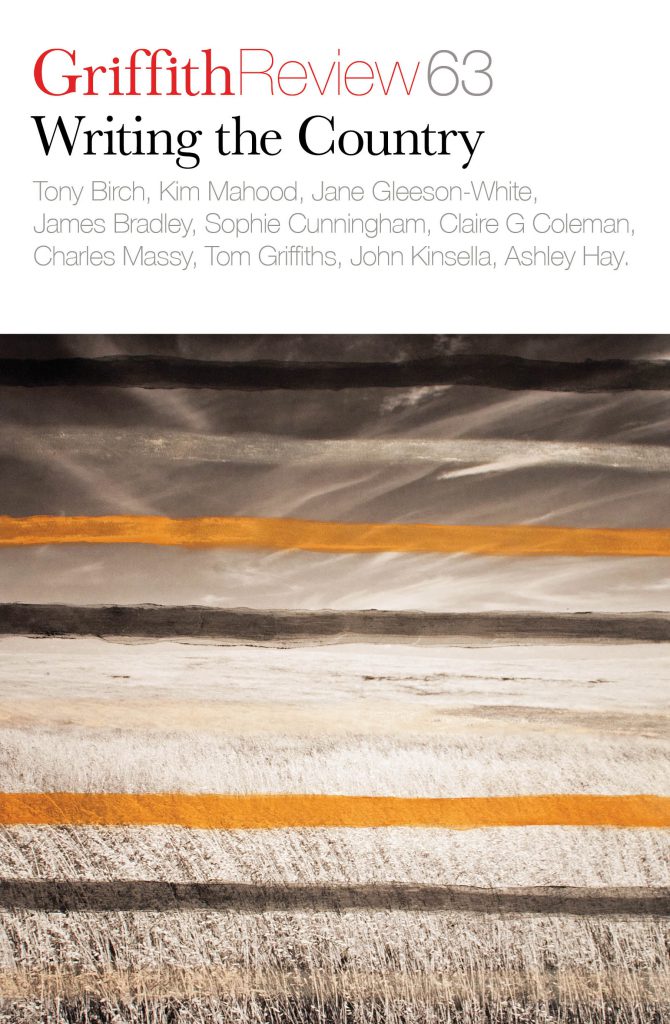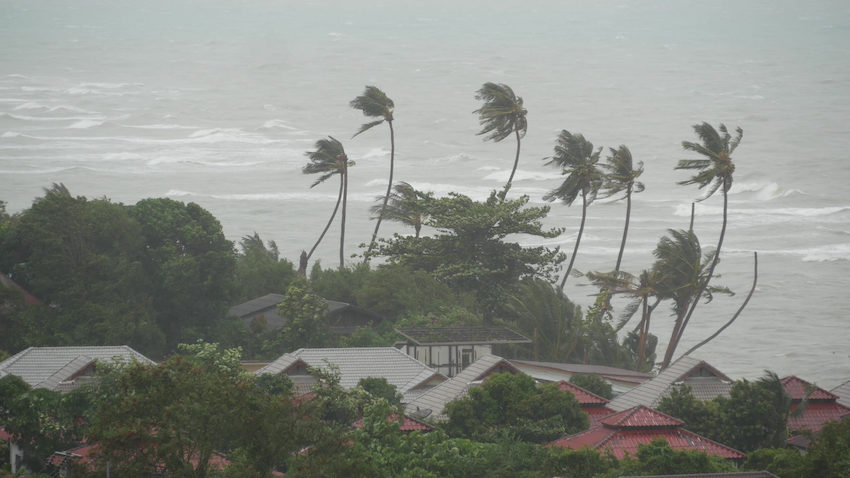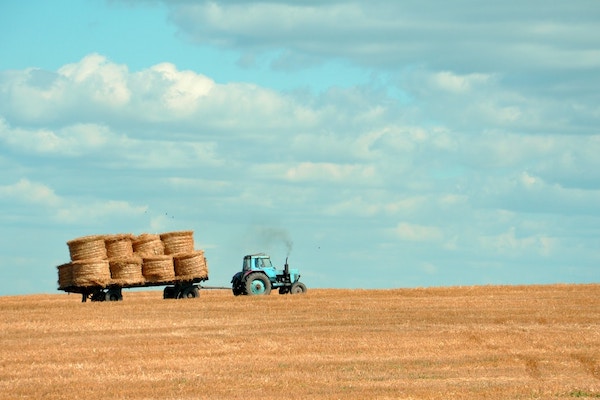Featured in

- Published 20190205
- ISBN: 9781925773408
- Extent: 264pp
- Paperback (234 x 153mm), eBook

Already a subscriber? Sign in here
If you are an educator or student wishing to access content for study purposes please contact us at griffithreview@griffith.edu.au
Share article
More from author

The ship, the students, the chief and the children
Non-fictionThe power of the fossil-fuel order depends on foreclosing any kind of political and institutional decisions that would see societies break free from the malignant clamp of coal, oil and gas corporations. This power also depends on eliding alternative ways of seeing. In one sense, the whole of the political struggle against climate change can be understood as an effort to make corporate and political decision-makers see, such that they are required to act.
More from this edition

The secret to trout
PoetrySitting with empty creels on the bright side of the water we believe there are no fish. Billy Hoops lands beers from the tumbling river and tells us the...

Transforming landscapes
EssayI stood rooted to the ground, for I realised this almost certainly would have been the first time in 150 years of degrading European management that a reed-warbler had returned to this valley. The powerful song of that small bird became a metaphor of hope for me. It was a symbol of the power of regeneration and the capacity of self-organisation in a landscape. It was a living example of what could be achieved.

could be
Media (Callerya megasperma family Fabaceae. Native wisteria.) Australian-style mimesis is native daphne, frangipani, gardenia, violet … Is Callerya megasperma, native wisteria. Is the megasperma, the big...